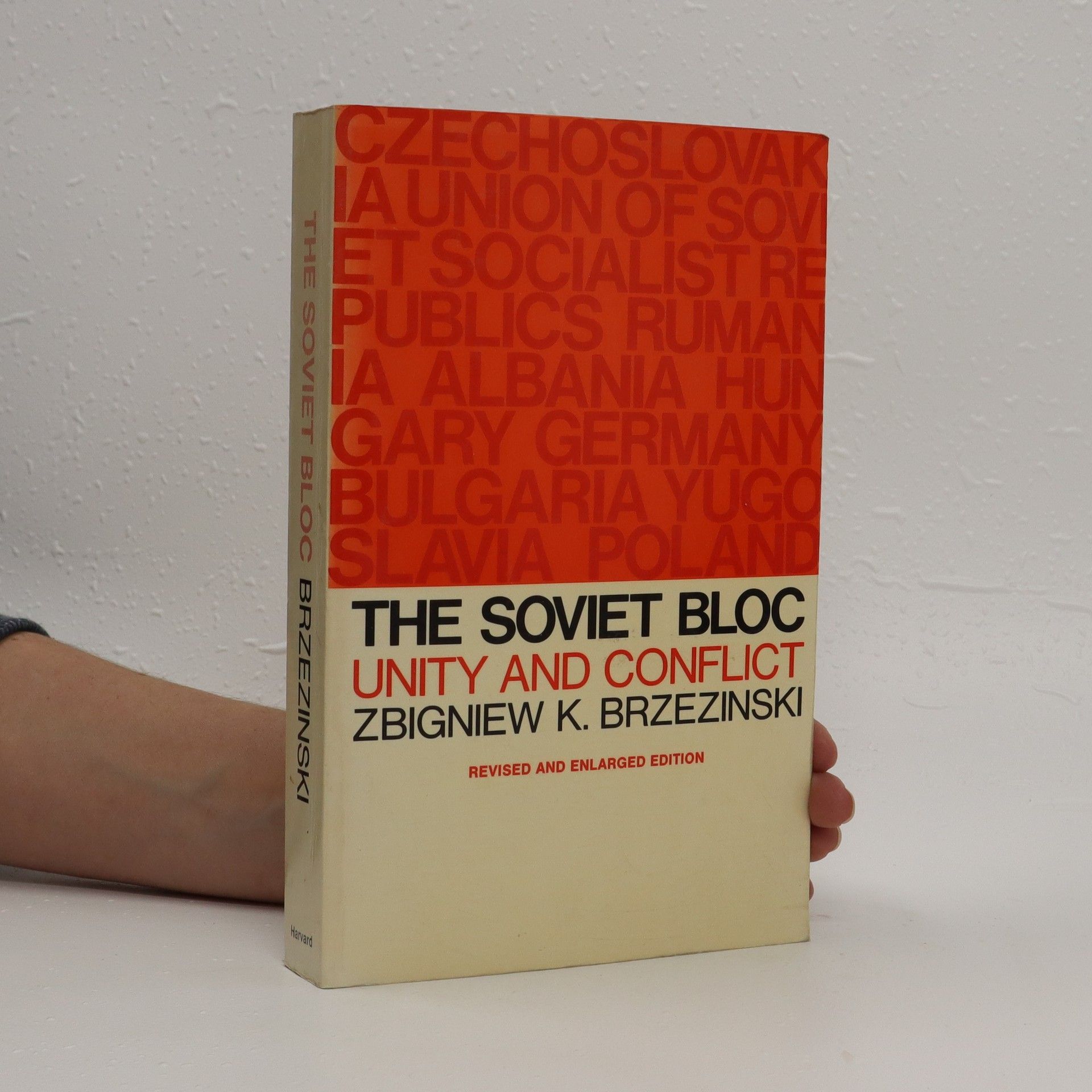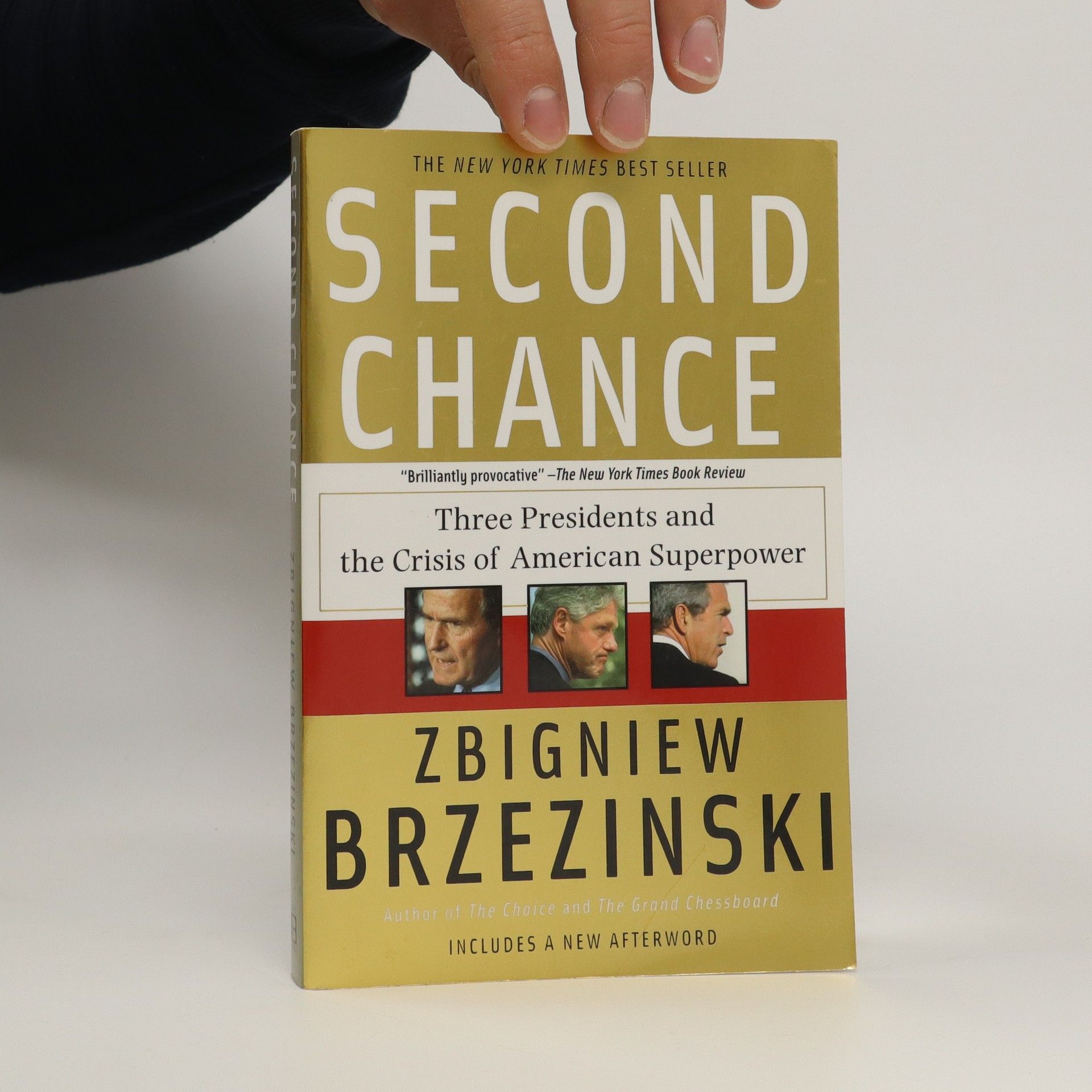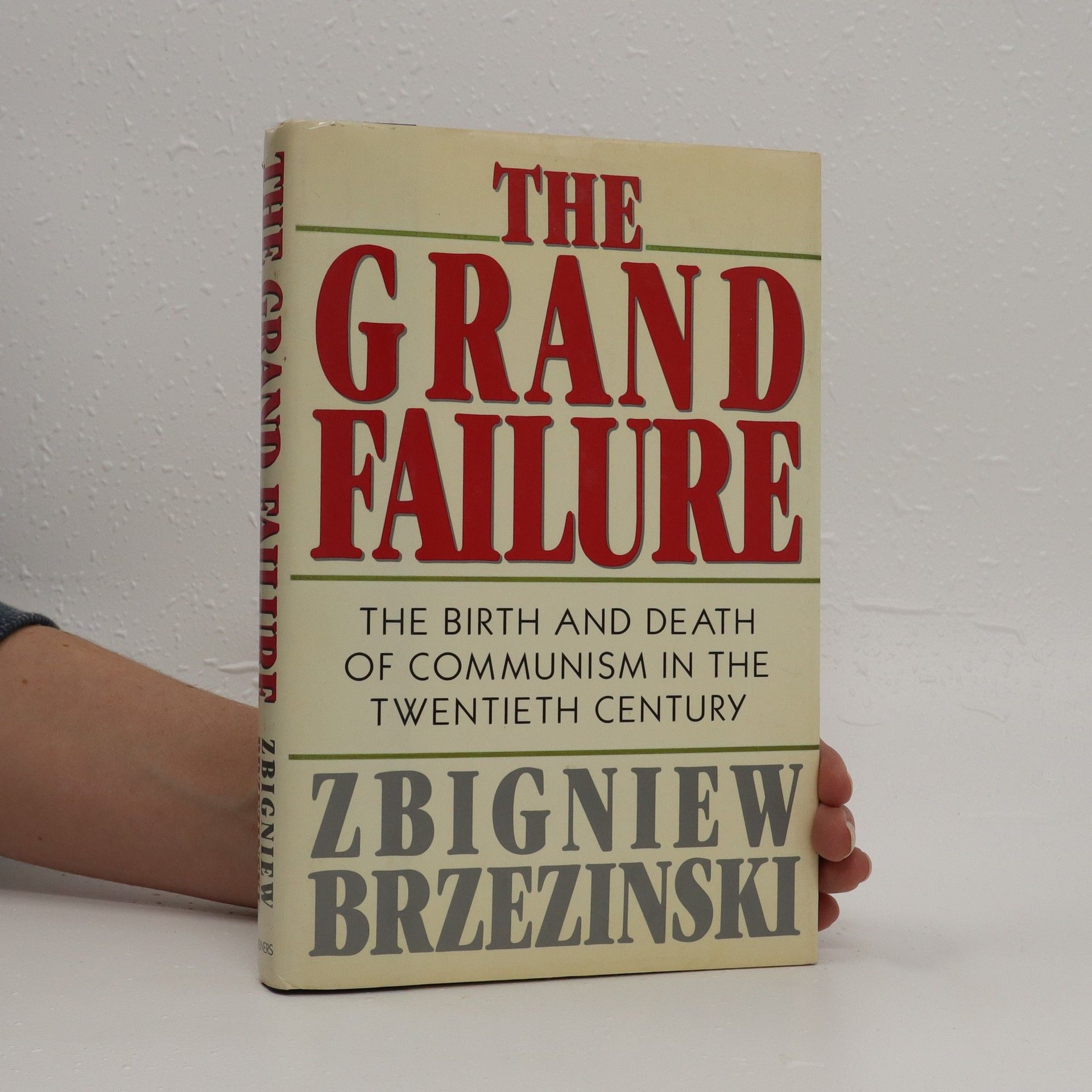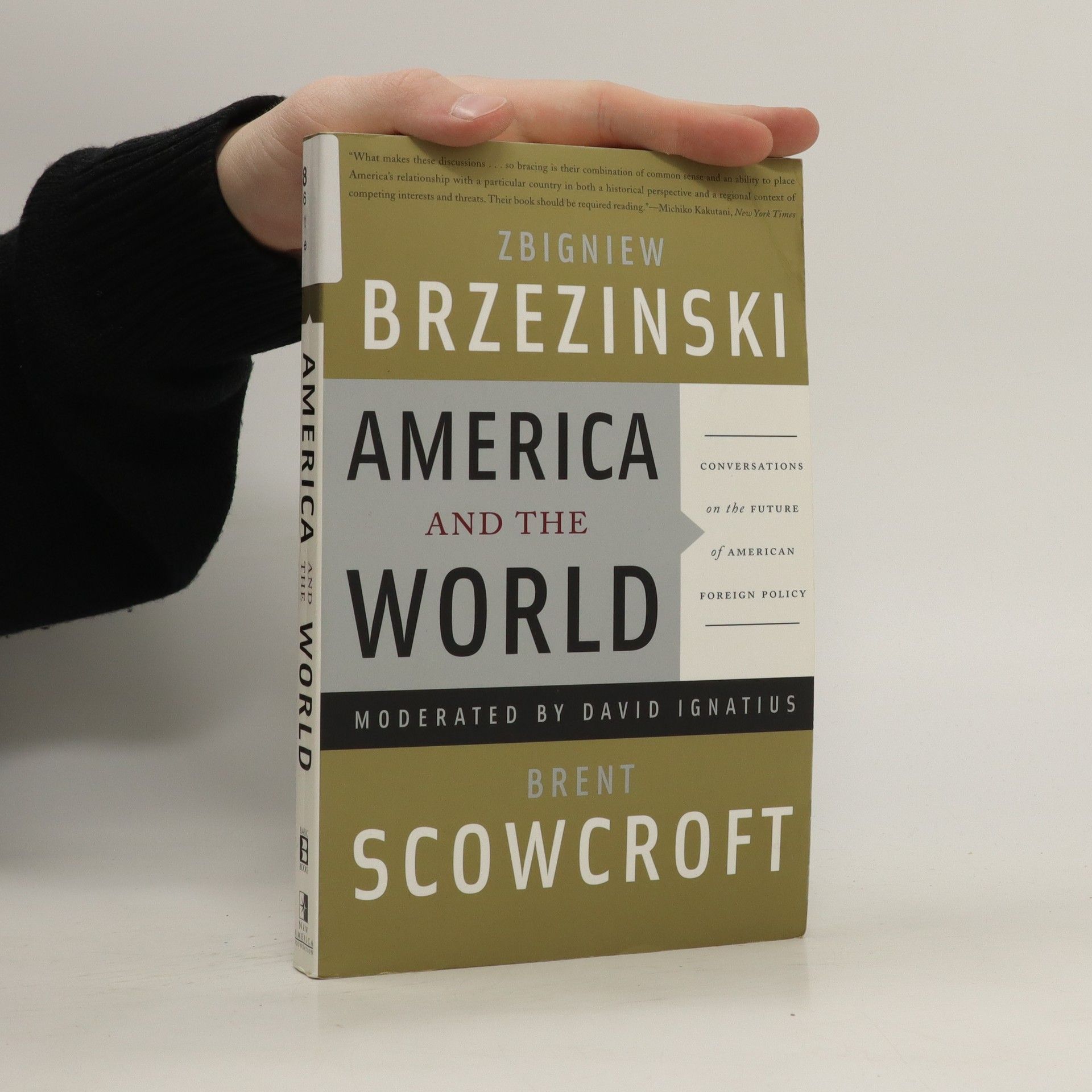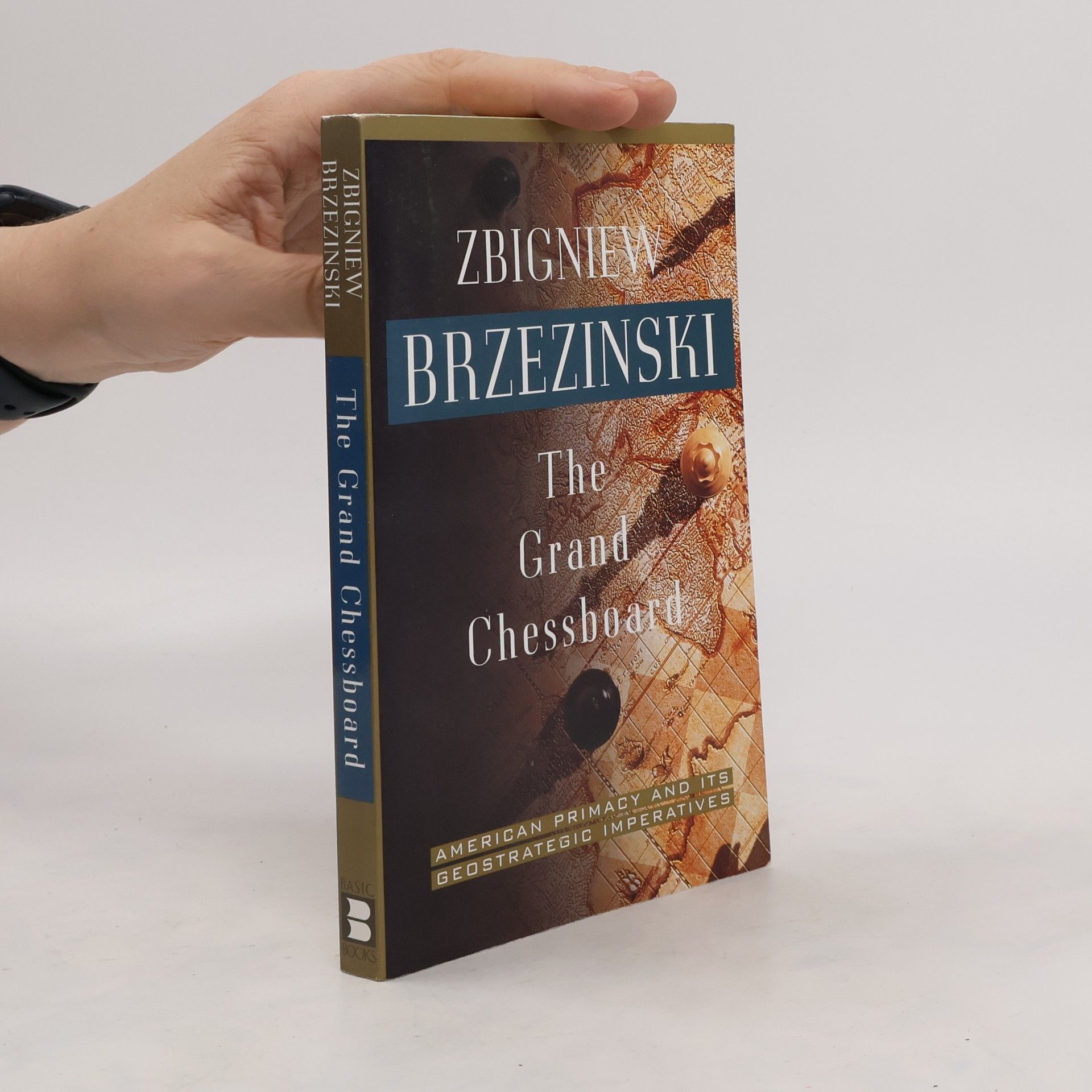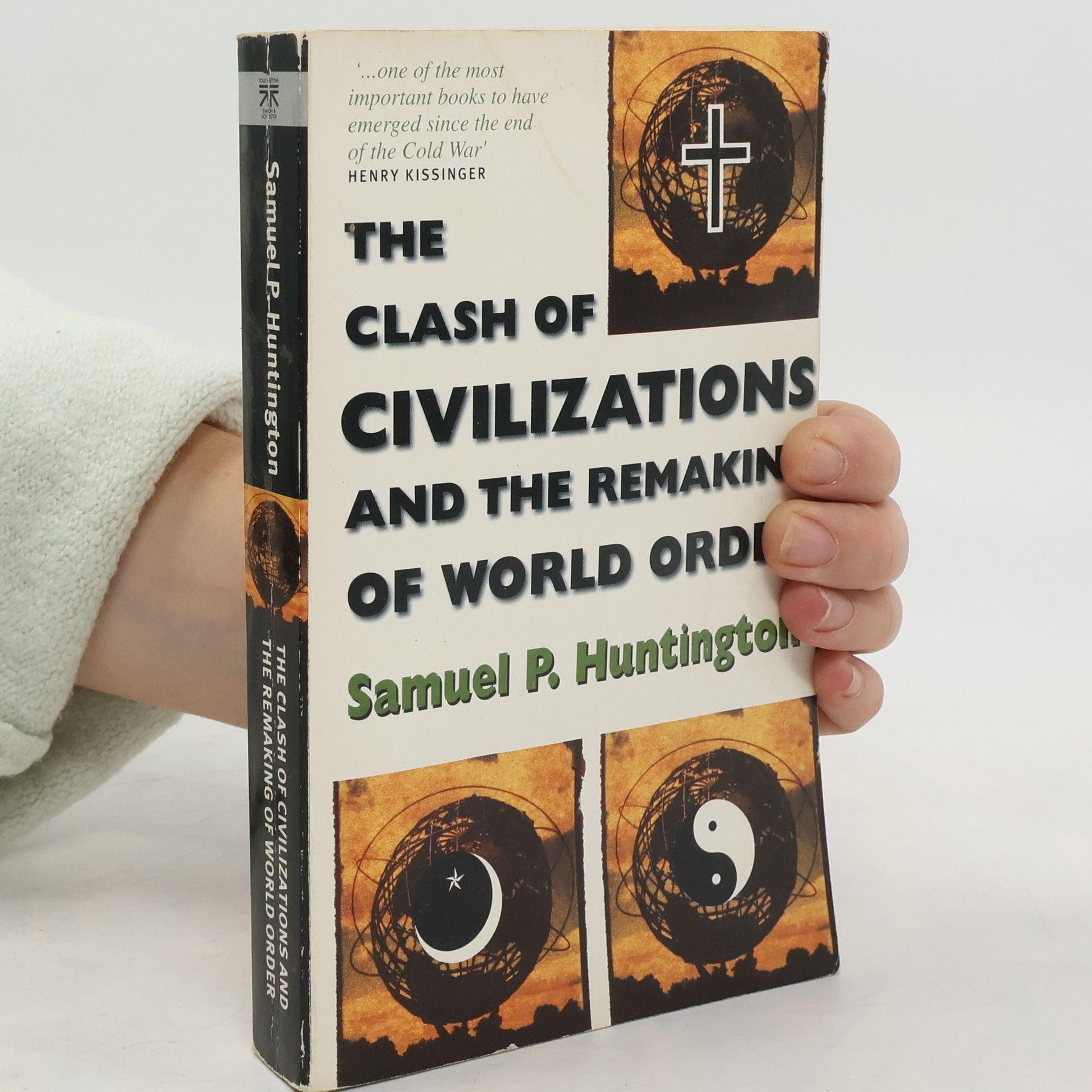Die einzige Weltmacht
Amerikas Strategie der Vorherrschaft und der Kampf um Eurasien
Zbigniew Brzezinskis Werk „Die einzige Weltmacht“ analysiert die geopolitische Bedeutung der Ukraine und die amerikanische Strategie zur Wahrung ihrer globalen Vormachtstellung im 21. Jahrhundert. Mit Fokus auf Europa und Eurasien beleuchtet es aktuelle Entwicklungen wie den Ukrainekrieg und den Aufstieg Chinas. Ein essentielles Buch für das Verständnis globaler Konflikte.

